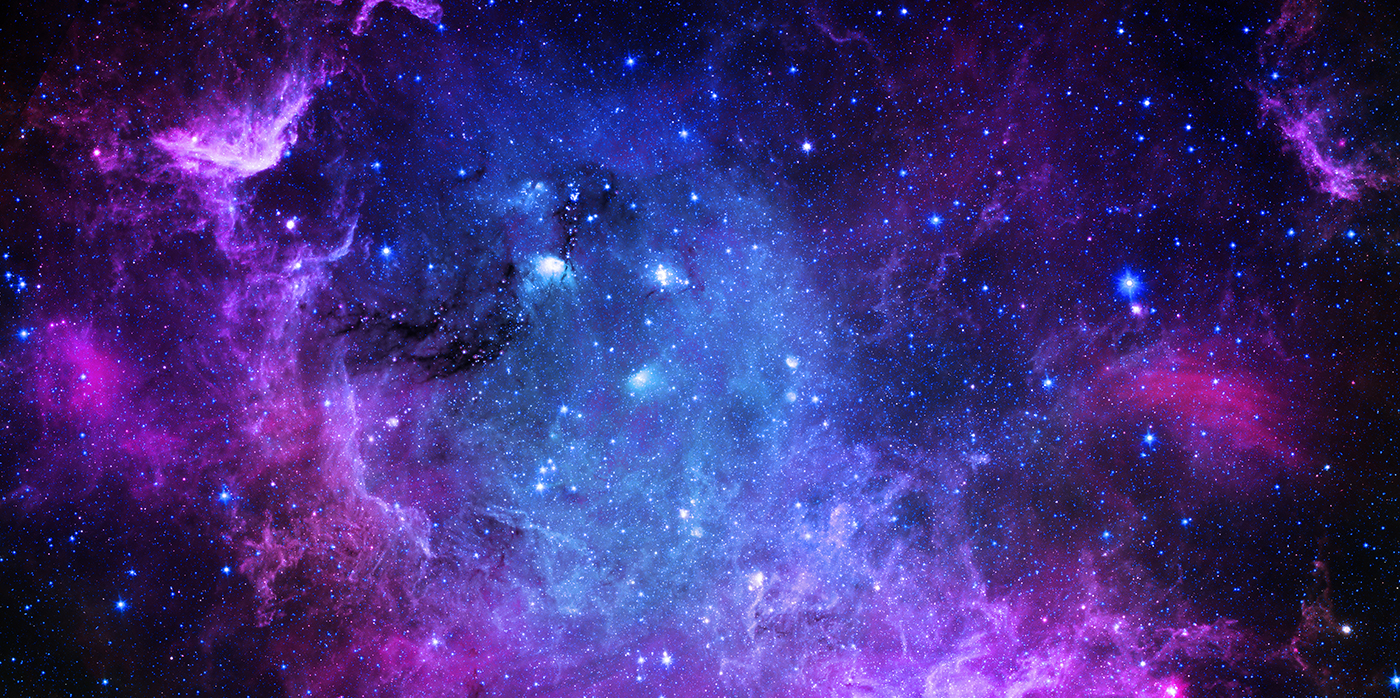New Call Within the BMBF Programme on Researching Universe and Matter (ErUM) Focusses on Particle Physics
Programme supports projects that involve the usage and development of large-scale scientific instrumentation at CERN in Geneva and FAIR in Darmstadt.
The framework programme Researching Universe and Matter (Erforschung von Universum und Materie – ErUM) was launched by Bundesministerium für Bildung und Forschung (BMBF – Federal Ministry for Education and Research) in 2020 to support basic research in earth-bound astrophysics and astroparticle physics in Germany which involve the usage of large-scale scientific instrumentation. The programme is also intended to strengthen the performance and range of application of this type of instrumentation and thus support the strategic development of high-level German research infrastructure with the aim of promoting Germany’s profile as a location for research and innovation.
As part of the programme, BMBF launches periodic thematic calls with individual focus areas.
The 2023 call is dedicated to the topic ‘Particles’.
The thematic focus of the call is on projects that offer deeper insights into the fundamental structure of matter, space and time as well as basic interactions in the area of elementary particle physics. Likewise supported are projects in the area of hadron and nuclear physics that are designed to address the topic of the nature of matter and energy and the creation of heavy elements.
In detail, the following research areas may be addressed:
- Investigations into the fundamental building blocks of matter, their inherent symmetries and the forces acting between them.
- Searches for particles and interdependencies beyond standard models of particle physics as well as explanations for dark matter.
- Investigations into the fundamental characteristic of nuclear matter, the fundamental forces acting on this level and the atom nucleus as complex multi-particle system.
- Studies of the components and phenomena of matter under extreme conditions, such as high density, fields and temperatures.
The focus of the programme is on projects that support the build, usage and further development of experiments at the following two research centres:
- LHC / CERN in Geneva.
- FAIR in Darmstadt.
Beyond these research areas, BMBF also supports cross-sectional activities such as:
- Development of accelerators and detectors, if they strengthen the application possibilities of existing and future large-scale instrumentation with relevance for the topic of particle physics.
- Strengthening and further development of research data management and necessary information infrastructures that are in line with the needs of the named experiments at FAIR and LHC.
The following supplementary activities may also be supported:
- Knowledge transfer at the interface between science and industry.
- Sustainable, climate and resource-efficient operation of large-scale instrumentation.
In exceptional, justified cases, funding may also extend to theoretical projects if they serve the overall objective of the call.
Eligible to apply are institutions of higher education and non-educational research institutions in Germany. Commercial businesses may participate as part of a research consortium. In the case of a consortium, at least one partner must be an institution of higher education.
Funding is provided in the form of a project grant on the basis of project-related eligible costs. The standard funding period is three years. In justified cases, projects of less than three years or up to a maximum of five year may also be supported. Institutions of higher education, research and scientific institutions and similar non-commercial bodies are eligible for full funding.
The application deadline for the 2023 call is 1 July 2023.
(This report was the subject of a RESEARCHconnect Newsflash.)

